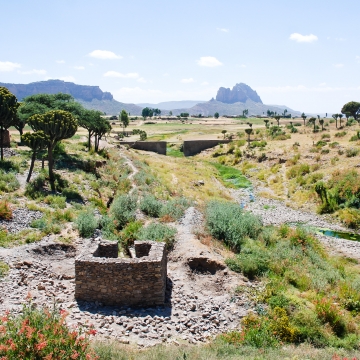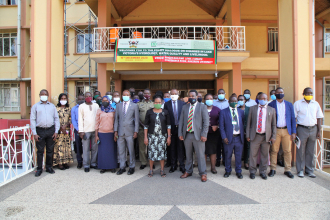Crop farming adaptation to droughts in small-scale dryland agriculture in Chile
Small-scale agriculture is one of the fundamental economic sectors in Chile. An increased frequency and intensity of extreme weather events due to climate change suggest a higher weather risk for the future, with potential consequences for crop choices. These effects are expected to be greater in dryland areas, where producers are more vulnerable to shocks and, therefore, less able to protect themselves against these risks.


